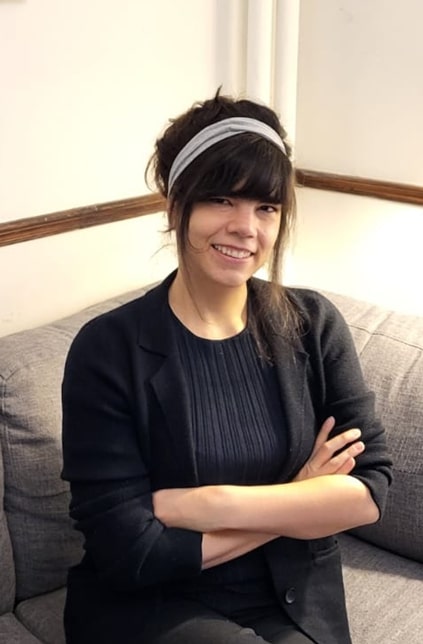LINGUIST 2PS3:Psycholinguistics
Undergraduate, McMaster University Linguistics & Languages, 2022
In this course students will learn to describe cognitive processes involved in speech perception, word recognition and sentence comprehension, examine (describe and evaluate) experimental methods from behavioural psychology for investigating language comprehension, interpret experimental data to investigate language comprehension, and implement research methods in psycholinguistics by designing a research experiment on speech perception, speech production, word learning or sentence parsing.
